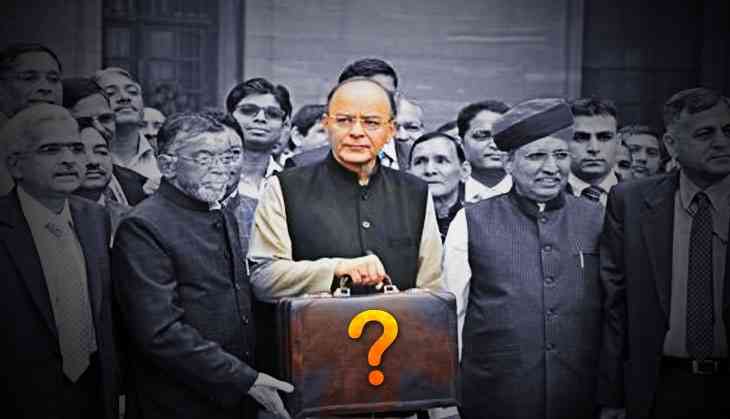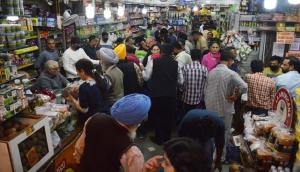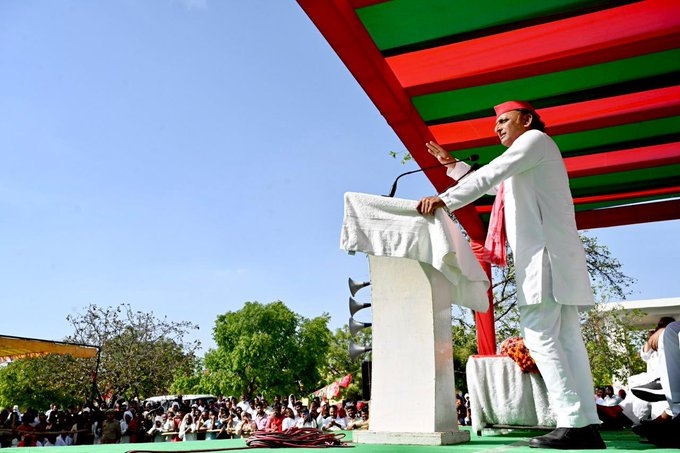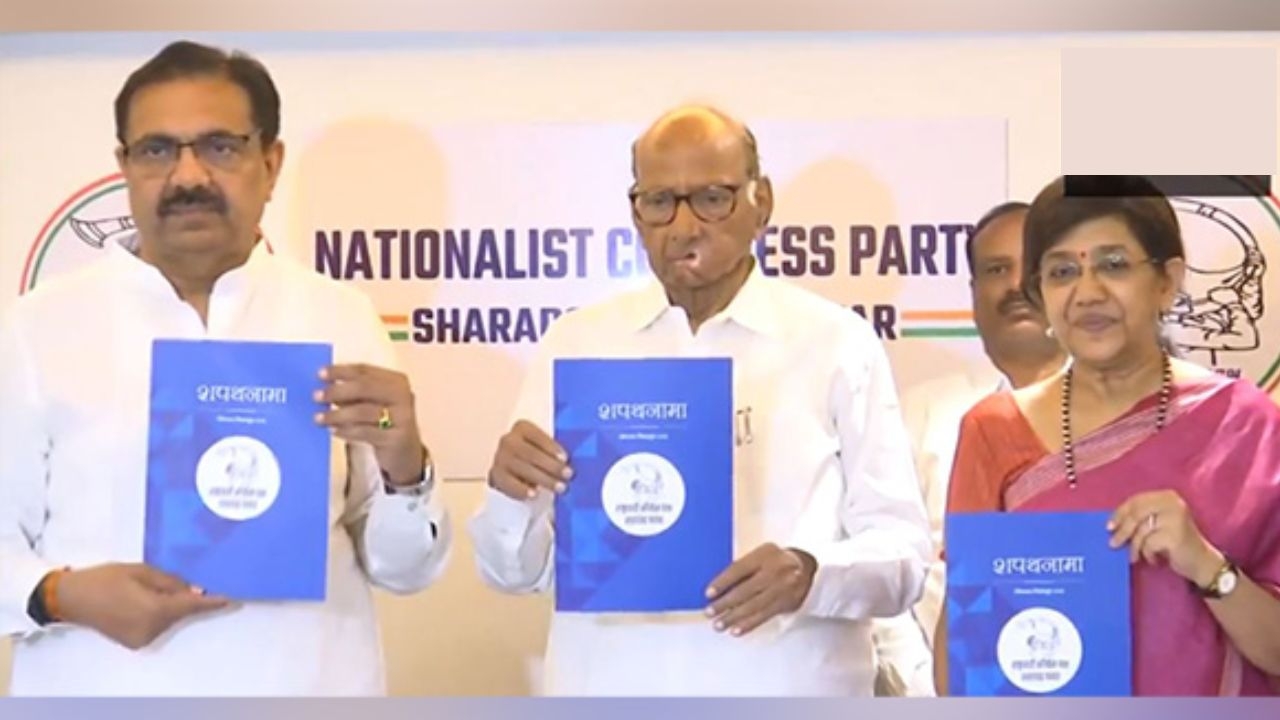Five things Jaitley needs to keep in mind for his last Budget before 2019 polls

Finance Minister Arun Jaitley will be presenting his last Budget before the next Lok Sabha election in a month's time. Last Budgets in democracies tend to be populist and aimed at making everyone happy. Unfortunately, Jaitley's finances are too constrained to allow him any kind of populism.
In fact, Jaitley is one of the most constrained ministers in recent times with very limited scope to be populist in his last budget.
Here are the five biggest challenges that may decide the fate of Jaitley's upcoming Budget –
1) Fall in revenue –
The central government is continuously looking at a revenue shortfall, post Goods and Services Tax (GST) implementation. While the Union government has put up a brave front so far, saying that there would be no shortfall at the end of the current fiscal, but it is no secret that even state governments are not happy with the revenue collection and they are being compensated from the central compensation fund.
The shortfall in the revenue estimated for all states for first four months of the GST is about Rs 39,111 crore.
West Bengal Finance Minister Amit Mitra recently said the final tally of revenue shortfall for states may reach Rs 80,000 crore.
2) Farmers vs big businesses vs small traders –
The NDA government announced demonetisation in November 2016, sucking out 86% of the currency in circulation at one go. Even as the debate around GST's implementation is still wide open, there is not an iota of doubt that the step of demonetisation were catastrophic for the economy as a whole.
Against government's expectation of getting a windfall gain between Rs 2 lakh crore and Rs 3 lakh crore, the government in the form of extinguished liability of the currency that is not deposited back in the banks, the government ended up incurring the cost of printing new notes in thousands of crores, while 99% of the demonetised currency came back to the banking system.
On the other hand, with limited resources at hand, the government may have to choose between the farmers, big businesses and the small traders.
The result of recently held Gujarat elections suggests that Finance Minister Jaitley will have to focus a lot on announcing a special package for farmers in the country, but at the same time, the government is also hard-pressed to do something for the small traders.
Even if Jaitley manages to walk the tightrope between farmers and small traders, he would not be in a position to overlook the demand of big corporates to lower the corporate tax rate to 25%, especially in the backdrop of economies like the US resorting to the same strategy to make the industry competitive.
Clearly, Jaitley will have to make a tough choice on who he wants to keep happy ahead of elections.
3) Infrastructure expenditure –
When the NDA government came to power, its sole mantra to boost the economy was investing more in the infrastructure sector. In the past three years, the government has made an enormous amount of allocation for the infrastructure sector. In the budget presented in February 2017, there was an allocation of 3.96 lakh crore for the infrastructure sector.
Unfortunately, the investment has not paid off in the form of GDP push. This puts Jaitley in a dilemma of whether he should go for the same formula of banking high on infra spending or should he look for other areas for fueling GDP growth.
4) Banking Sector –
Jaitley announced a recapitalisation package of Rs 2.11 lakh crore for reviving the sick banking sector earlier this year.
However, experts suggest that the government is not sure on the distribution formula for banks. This is why earlier this month there was a rumour that the government may be looking at shutting down Bank of India on account of increasing losses for the public sector bank.
While the Reserve Bank issued a clarification against any such move, the delay in sharing details of the actual plan of recapitalisation only indicates that despite announcing a recapitalisation package, the government has still not found a way to resolve the problems of non-performing assets in the banking sector.
5) Jobs –
In 2013, Prime minister Narendra Modi promised two crore jobs to the youth of the country in a period of five years. His government not only failed to keep the promise but is also accused of destroying the existing jobs.
It would be difficult for Jaitley to ignore a package for job creation, especially when the government's Skill India mission has failed to achieve much within a budgetary allocation of The total sector outlay for 2017-18 has been pegged at Rs 17,273 crore in the ongoing fiscal.
Edited by Jhinuk Sen







![BJP's Kapil Mishra recreates Shankar Mahadevan’s ‘Breathless’ song to highlight Delhi pollution [WATCH] BJP's Kapil Mishra recreates Shankar Mahadevan’s ‘Breathless’ song to highlight Delhi pollution [WATCH]](http://images.catchnews.com/upload/2022/11/03/kapil-mishra_240884_300x172.png)

![Anupam Kher shares pictures of his toned body on 67th birthday [MUST SEE] Anupam Kher shares pictures of his toned body on 67th birthday [MUST SEE]](http://images.catchnews.com/upload/2022/03/07/Anupam_kher_231145_300x172.jpg)






